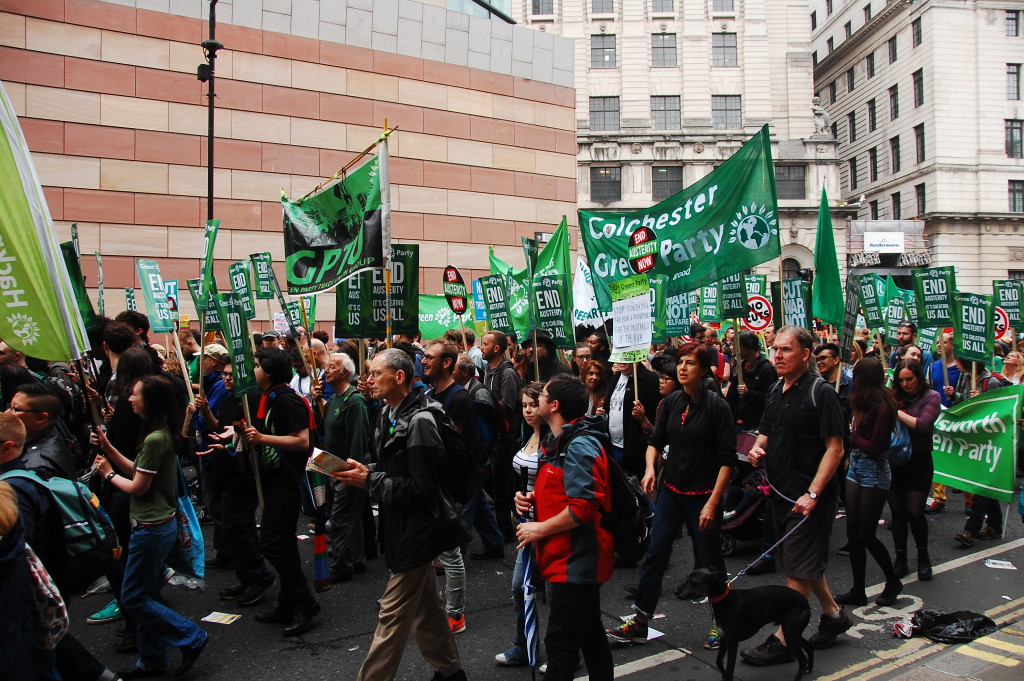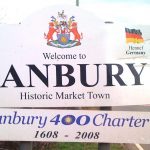Democratising devolution: how the Green Party can lead the debate
Under the surface, a quiet revolution is taking place with our constitution.
The government’s devolution agenda for England isn’t exactly at the top of the national conversation. But it marks a re-working of the British state – and it’s a debate that Greens can’t ignore.
Of course, the devolution agenda comes alongside big cuts to local government – putting many authorities in a difficult situation. But councils do want these powers, and the extra investment that is coming alongside some of the deals (over £30m extra every year for West Midlands and Liverpool). Last week these deals were signed – with the former being the biggest handover of power to date. And there are around 30 deals going through as we speak across the country.
If the Greens are about anything, we’re about democracy. That’s why it’s essential we don’t let the push for devolution go by without getting involved in the conversation.
On Tuesday, Caroline Lucas published a piece on Left Foot Forward arguing that “We can’t have our constitution written on the whims of the great and good – with politicians writing their own rule book. It’s time for citizens to lead the debate on our democratic future.” She’s absolutely right.
So far, devolution deals have been negotiated and signed behind closed doors, to ridiculously tight time-frames, and often with ‘commercial sensitivity’ preventing the public even looking at the documents. The conversations about powers and resources have been at a top-level, with almost zero public involvement.
But what is localism if local people aren’t involved? Here is a real chance for the Greens to carve a niche, calling for a democratised devolution agenda with real public involvement. Labour have so far been fairly quiet on the issue – they’ve had their own disputes and issues to deal with. The Greens though, have the space to work on this issue – and previous form, with the party’s reputation as a grassroots-led, democratic force for empowerment.
This month, the first ever ‘Citizens’ Assemblies’ in the UK on local government finished in Southampton. Run by universities from across the country together with my own organisation, the Electoral Reform Society, the project aimed to give local people what politicians haven’t so far given them – a say on the devolution deals currently going through.
What the ‘Democracy Matters’ project – based on two Assemblies in the Solent region (in Southampton) and South Yorkshire (in Sheffield) – has offered is a chance for citizens to debate the power-transfer for the first time. Up to now, many feel they’ve been left out in the cold. A recent poll showed that two-thirds of Northerners haven’t even heard of the ‘Northern Powerhouse’ – a sign of the extent to which the public have been engaged in the discussions.
How about Greens call for Citizens’ Assemblies when devolution deals are going through locally? And if the councils don’t agree, set up ‘People’s Panels’ of residents to do a similar thing? Greens could be raising some key points:
- Negotiations could be minuted, with documents released to the public. No more secret deals.
- Mayors should not be imposed against the wishes of local people. But if areas get mayors, shouldn’t they be accountable to an elected assembly, rather than just other council leaders?
- Genuine consultation should take place on the initial deals – with a real chance for the public to change the outcome.
- The deals could be ratified by a referendum after extensive public debate.
- What about our voting system – do we want to consolidate power in the hands of single-party states under First Past the Post? We need to open up the conversation on electoral reform
- Local people should help determine the area the authority should cover, the powers they want for their authority and what kind of democratic set up they think should go alongside the new powers.
Let’s not let the biggest power-shift for decades in England pass us by without comment. It’s time for Greens to call for a democratised devolution agenda that puts people at the centre – not a handful of officials in back-rooms.
Josiah Mortimer works for the Electoral Reform Society.




Leave a Reply